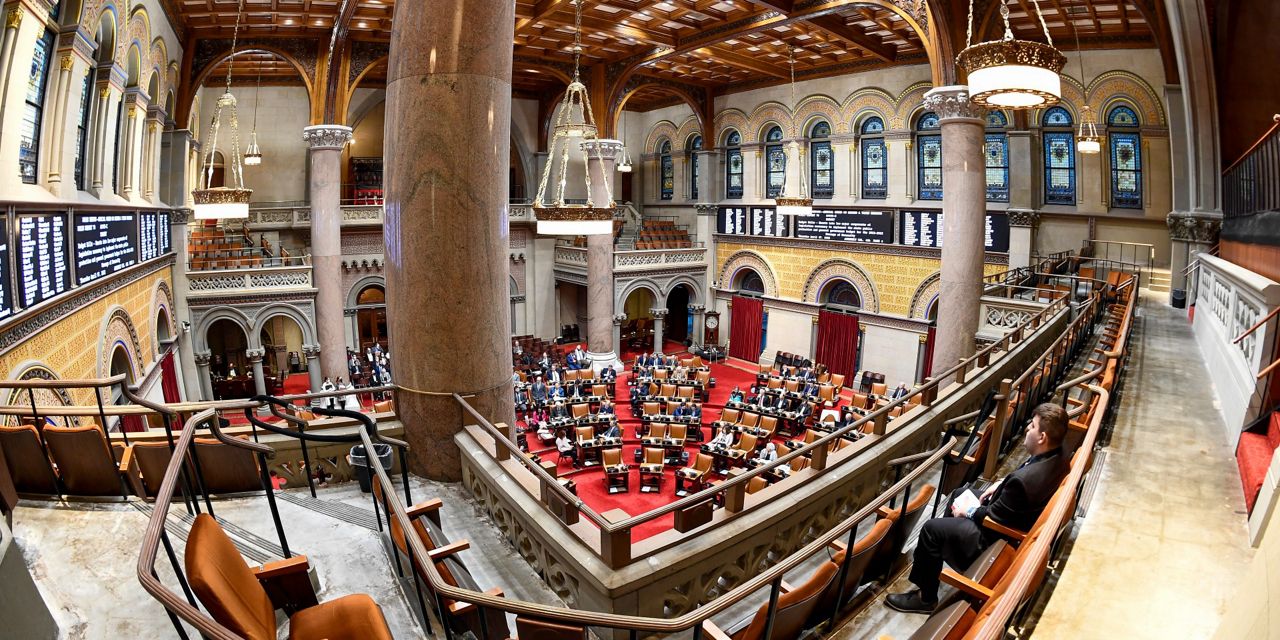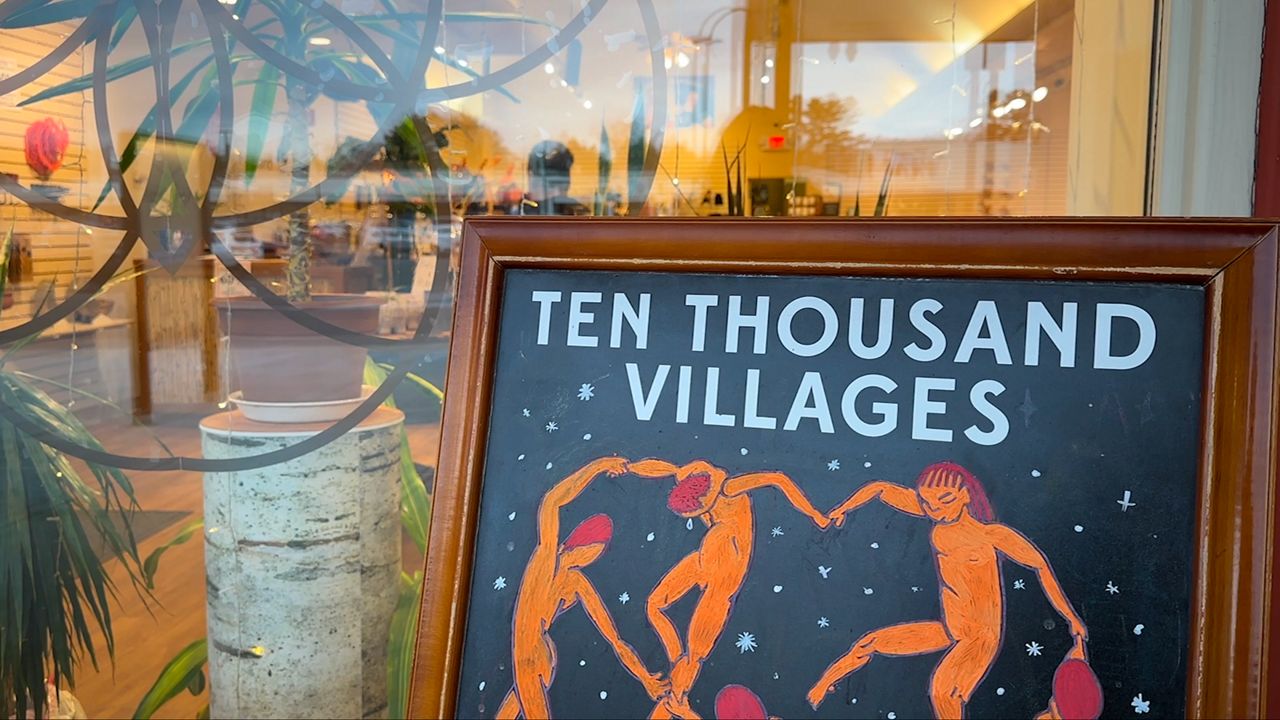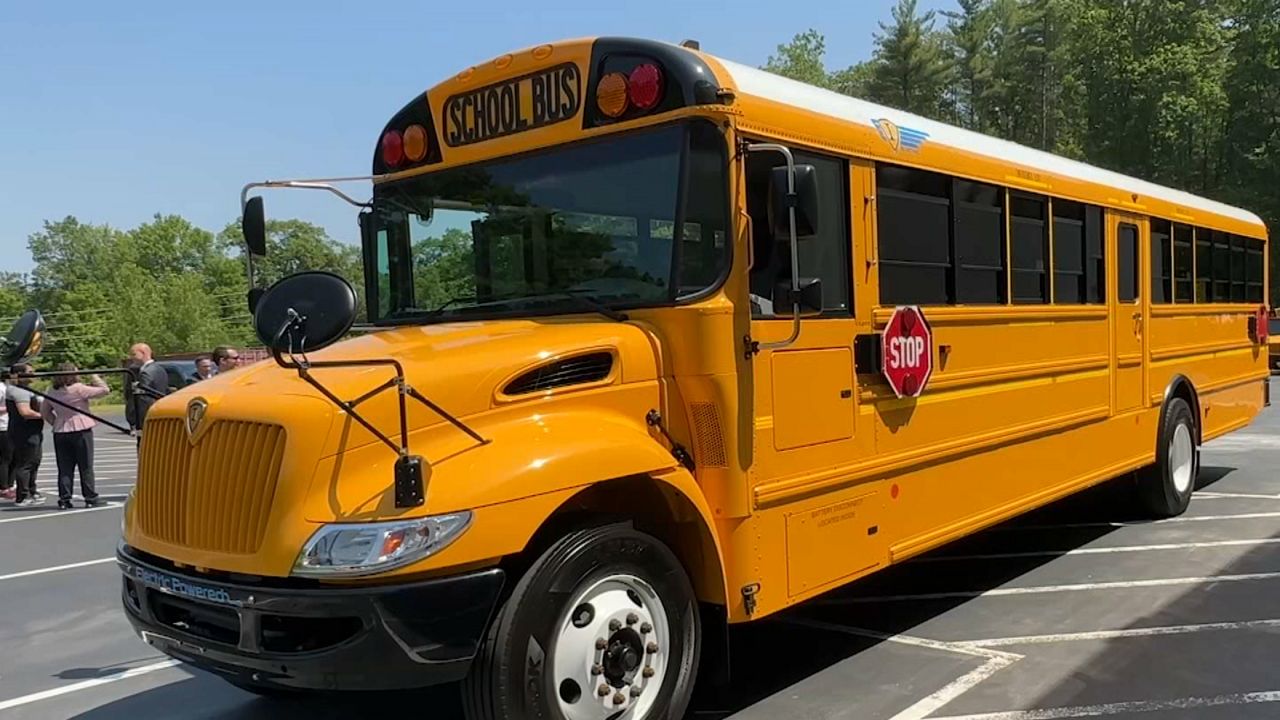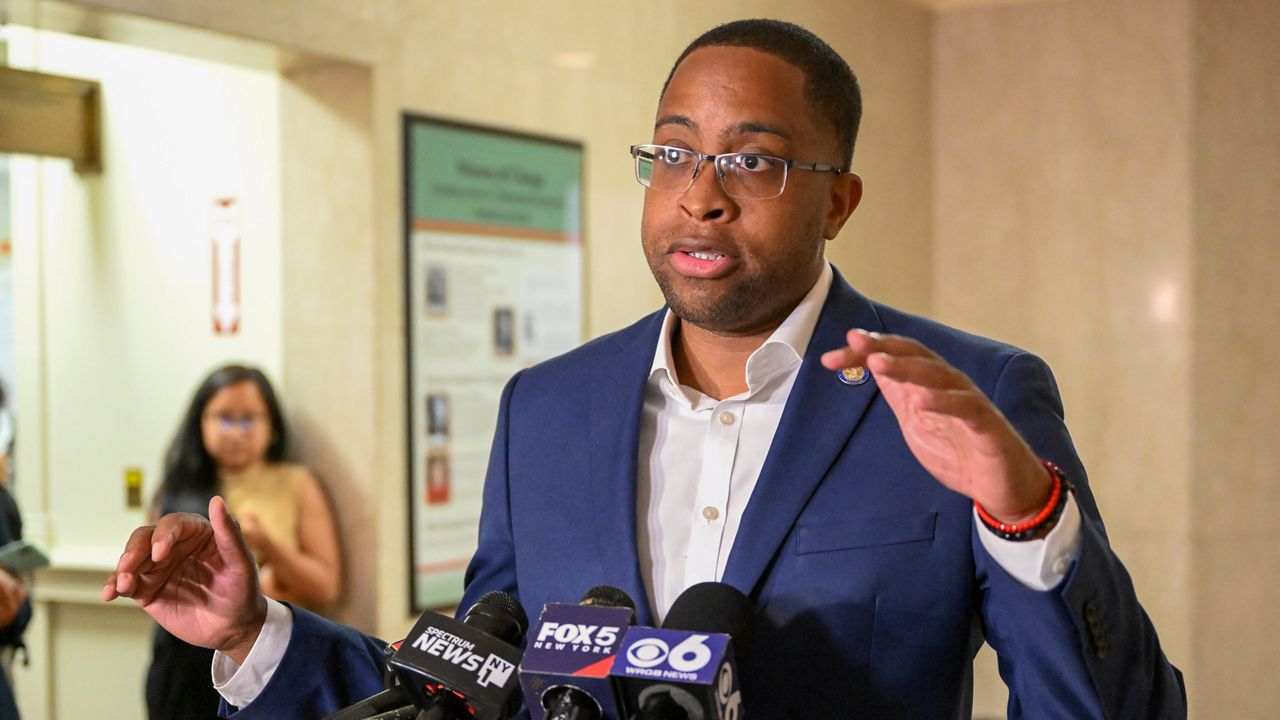Foster parent Georgeanne Anthony took in her cousin's kids two years ago after he wasn’t able to care for them.
“The joy you get out [of] knowing that you're helping somebody's kid grow, giving them stability and love and happiness ..." Anthony said.
Last year, White House officials said children of color were disproportionately represented in the child welfare system: 1 in 9 Black children and 1 in 7 Native American children spend part of their childhood in foster care.
Troy Grant was one of those kids.
“So I grew up in the foster care system. I first went into the foster care system when I was 10 years old," said Grant, now a family specialist at Berkshire Farm Center. “I wanted to come into the foster care realm and really put forth my best effort to make a difference."
According to a paper published in the Digest of the National Bureau of Economic Research, Black children are twice as likely as white children to spend time in foster care.
Berkshire provides cultural training to foster parents, but Troy says it's ultimately best if the agency can pair a child with someone of the same background, which is why they need more foster parents of all cultures.
“There's a comfort that I think you have with people who are the same race and have a similar background. And that's not just with skin tone, that's also with experiences as well," Grant said.
Having a bigger pool of parents to choose from would provide Berkshire with the ability to pair a child with someone from the same culture, keeping them connected to their roots through hair care, food, and traditions, even if they might not be with their biological family.
“Even though they're not physically with their parents, the goal is reunification. The goal is for them to go back with their parents. And so we want to keep them as connected to their roots as possible," Grant said.










